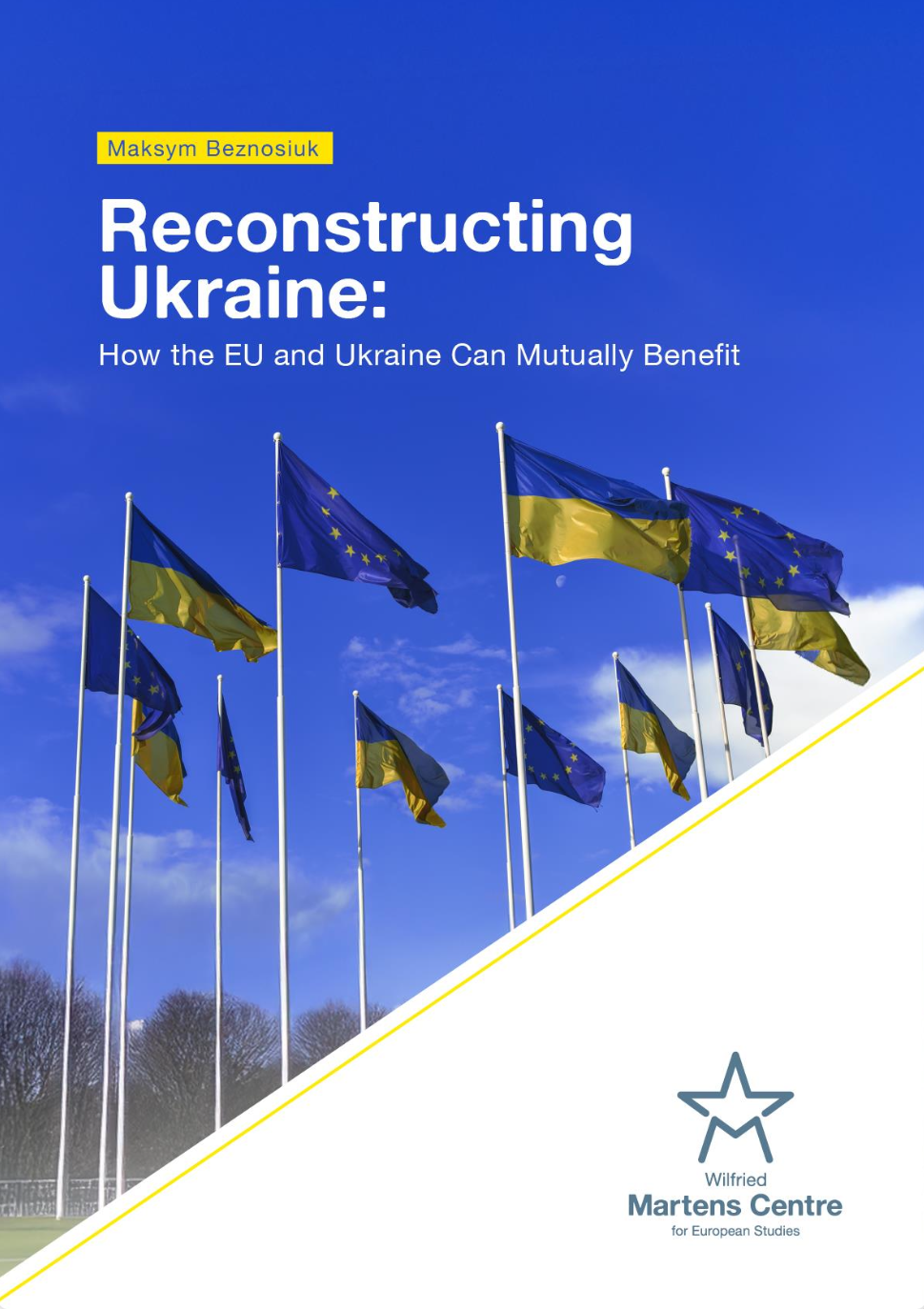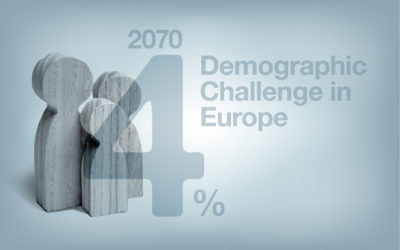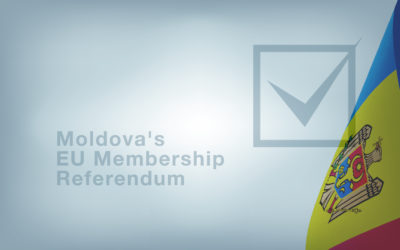Effectively Deterring Russia
10 October 2014
This week’s developments regarding the allegations of fraud and money laundering against Lukoil’s operations in Romania are an excellent case-study of EU politicians’ positions towards Russia. It highlights the difference between the EPP-affiliated, pro-European President Traian Basescu, and the Socialist, pro-Russian Prime Minister, Victor Ponta. We now see who walks the walk and who just talks the talk. It also shows a powerful Russian company trying to threaten and blackmail an EU member state; it just happens that in this case, the company’s position is very weak.
On 6 October 2014 Romanian prosecutors seized assets of a Lukoil refinery in Romania for allegations of fraud and money laundering amounting to 230 mil EUR. The Russian oil giant reacted by threatening to close down its operations in Romania and lay off 3500 people. Centre-left Prime Minister Ponta reacted by threatening prosecutors for jeopardizing the Romanian economy.
Centre-right President Traian Basescu explained in clear words that the Russian company has to respect Romanian laws and EU standards, if it wants to operate in Romania. He said that “Putin-style laws” do not apply in Romania; the Russian company should leave for Moscow, if it wants to operate according to “Putin-style laws”. “Leave the country, if you are not ready to obey Romanian law”, he said.
The behaviour of the Russian company and the positioning of the two Romanian leaders is highly relevant for EU’s attitude towards Russia: Traian Basescu, a second term president not seeking re-election in November’s presidential election, is known for his pro-European course and tough stance on Russia. Centre-left Prime Minister Ponta, affiliated with the European Socialists, is running in November’s Presidential elections seeking to become the country’s first Socialist President in a decade. Mr Ponta’s priority is to keep social peace ahead of the presidential elections. Any social unrest triggered by eventual lay-offs would jeopardize his campaign. Mr Ponta is ready to jeopardise the independence of the judiciary in order to keep social peace and to satisfy the interests of a Russian company suspected of having broken Romanian laws.
Lukoil painted a dark picture for its employees and for the Romanian consumers, in case it will have to close down its operations: closing down the refinery would lead to 3500 redundancies. This number is exaggerated, given that Lukoil employs only a total of 1100 people in the foreseen subsidiaries. This did not keep Prime Minister Ponta from adoptingtheir exaggerated number. Not being able to process its crude oil in the Romanian refinery would lead to fuel price increases at Lukoil’s gas stations, Lukoil claims.
Coincidence or not, on Thursday, Gazprom reduced by 15% the gas deliveries to Romania – this being just one of many similar measures taken lately. We are all familiar with Russian price blackmails, but in this case it will not work: Lukoil has a market share of just 20% on the fuel markets in Romania; this is far from a monopoly. If prices at Lukoil’s gas stations increase, every single consumer would just buy his or her fuel at any other European station across the street: An opportunity for every citizen to turn to European companies and to judge politicians on their behaviour in real crisis situations.
ENJOYING THIS CONTENT?






















